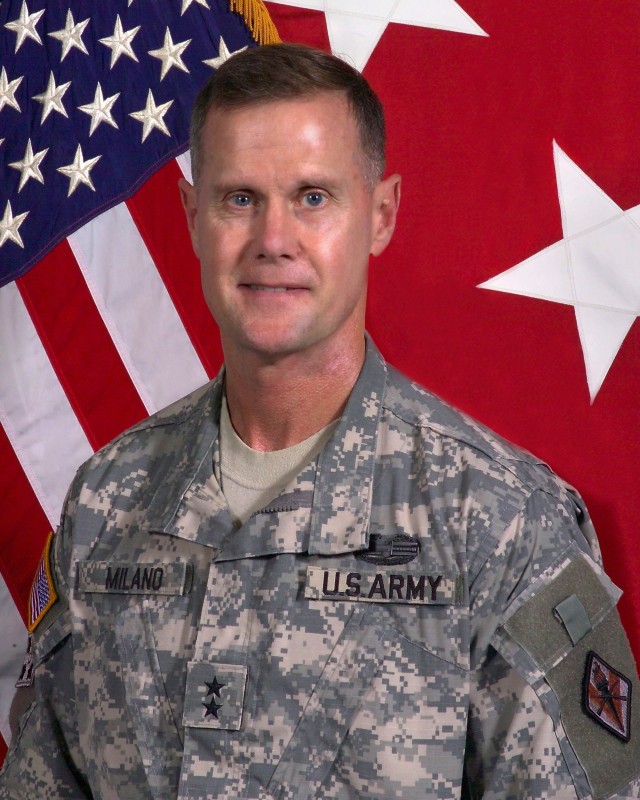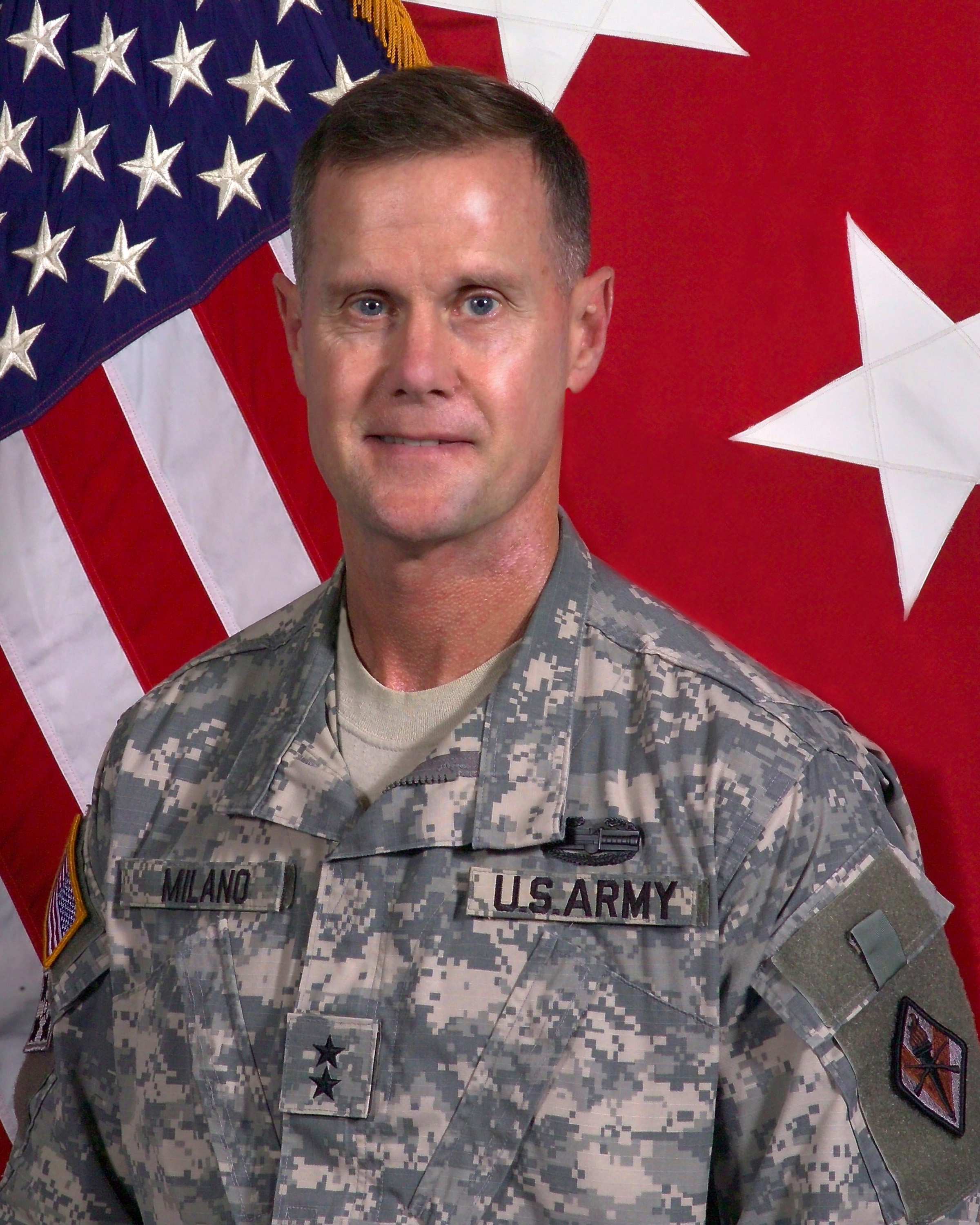FORT JACKSON, S.C. -- As National Suicide Prevention Week approaches, Army leaders find themselves dealing with a disturbing trend: The Army suicide rate is higher than the civilian population rate for the second year in a row.
This has occurred despite an Army-wide effort to mitigate the issues that might lead to a Soldier deciding to take his or her own life. It's obvious that we are either not doing enough or are not integrating our efforts effectively - or not doing both to some degree. It is clear that we need to continue to look at all angles of the issue.
Let's start by looking at some numbers: In fiscal year 2009, there were 160 suicides among active duty Soldiers or 239 across the entire Army to include our Reserve Soldiers. The previous year, there were 143. The 2009 Army rate increased to 20.2 per 100,000 people, compared to an average civilian rate of 19.2 per 100,000.
Recently, a comprehensive Army Task Force report on health promotion, risk reduction and suicide prevention was released, listing 250 recommendations that could help curb the growing number of suicides that we are witnessing. The task force examined leadership, programs, screenings and behavioral-health issues.
Some key findings in the 350-page report identify:
- Gaps in policies, processes and programs, which could deter high-risk behavior.
- Erosion in the adherence to policies and standards.
- Lapses in screening and the detection of high-risk behavior.
- Heavier usage of prescription antidepressants, amphetamines and narcotics.
- Degrading accountability in disciplinary, administrative and reporting processes.
In short, the task force puts the onus on leadership to do a better job in managing our policies to promote good order and discipline, citing that Soldiers committed 50,523 crimes in 2009, compared with 28,388 in 2004. The task force also calls for leaders to pay closer attention to drug and alcohol usage among Soldiers, while noting that since fiscal year 2005, 29 percent of suicides included either drug or alcohol abuse.
These alcohol and drug facts alone are alarming. All leaders Army-wide need to take note of these facts. I can assure you that we take this very seriously here on Fort Jackson. We will continue to improve on what we do here to mitigate risky behavior and other contributing factors in these unfortunate scenarios.
We will continue to step up efforts with suicide awareness classes and intensify our efforts at the unit level. We will take a pro-active approach so that we are better able to spot behavioral-health issues. Specifically, we will continue to bolster our master resilience training.
In addition, the Community Health Promotion Council will meet with me monthly to provide analyses of suicide data and existing programs designed to intervene with Soldiers at risk for suicide on Fort Jackson. This feedback is valuable in developing initiatives and creating prevention-related solutions for the Fort Jackson community.
Also, the Soldier Risk Reduction Program will continue to coordinate Installation Prevention Team meetings to review current risk factors and plan for upcoming prevention strategies based on historical trends. The IPT assists commanders in developing prevention strategies to reduce high-risk factors, which may have a detrimental impact on Soldier and unit readiness. The team develops and implements prevention strategies and programs simultaneously at a number of different levels from the installation to individual units of company.
The bottom line is that if we are to be good leaders, we must never lose sight of the mission, which is to reverse this current trend and improve our readiness through the development and enhancement of our programs and policies. All leaders must recognize the importance of spotting and reducing high-risk behaviors. Leaders need to assist their
Soldiers in building resilience, help them develop their coping skills and encourage them to seek help when they believe they need it.
If you are not doing these things, then you are not leading. We need everyone in step with Army policies and standards, if we are to accomplish the mission. It's time to walk the talk.
Army Strong and Victory Starts Here!


Social Sharing